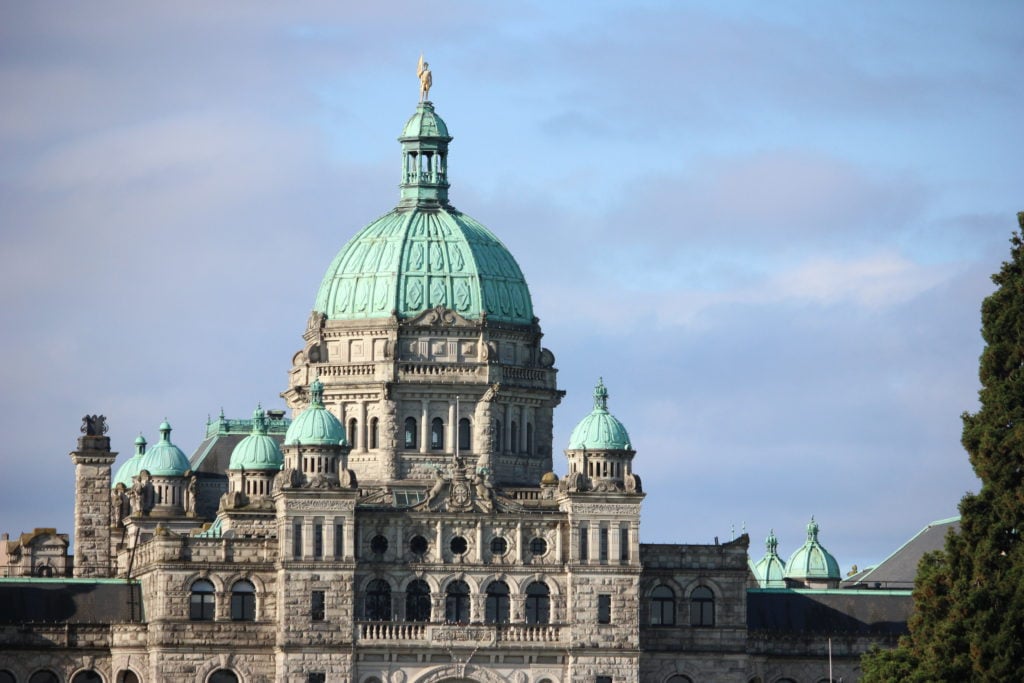
British Columbia has extended its provincial state of emergency again as COVID-19 cases continue to rise.
The state of emergency is extended through the end of the day on Nov. 10.
It allows health and emergency management officials to continue to use extraordinary powers under the Emergency Program Act to support the province’s COVID-19 pandemic response.
The extension of the provincial state of emergency is based on recommendations from B.C.’s health and emergency management officials.
The original declaration was made on March 18, 2020, the day after Dr. Bonnie Henry, the provincial health officer, declared a public health emergency in the province.
On July 10, the COVID-19 Related Measures Act came into effect. enabling provisions created for citizens and businesses in response to the COVID-19 pandemic to continue as needed should the provincial state of emergency end.
The provincial government can extend the state of emergency up to 14 days at a time. During the 2017 wildfire season, the province was in a provincial state of emergency for 10 weeks from July 7, 2017, to Sept. 15, 2017.
On Tuesday, B.C. recorded 217 new cases of COVID-19. The number of people in hospital is at 84, seven more than the day prior, but no new COVID-19 deaths were reported.
In a statement, Henry repeated her expectation that masks are worn in indoor public spaces, including shopping malls, grocery stores, community centres and health-care facilities.
She says public spaces indoors are different from schools, offices and businesses that have established learning groups and work cohorts supported by comprehensive COVID-19 safety plans.
And on Monday, Henry announced a new provincial health officer order that limits gatherings in private homes to no more than your immediate household plus a “safe six.”
“If you come from a large family that’s living in a home together, six additional guests may be too many and you may need to consider for the coming months to focus on your own immediate family,” Henry said during a news conference on Monday.
With files from The Canadian Press




